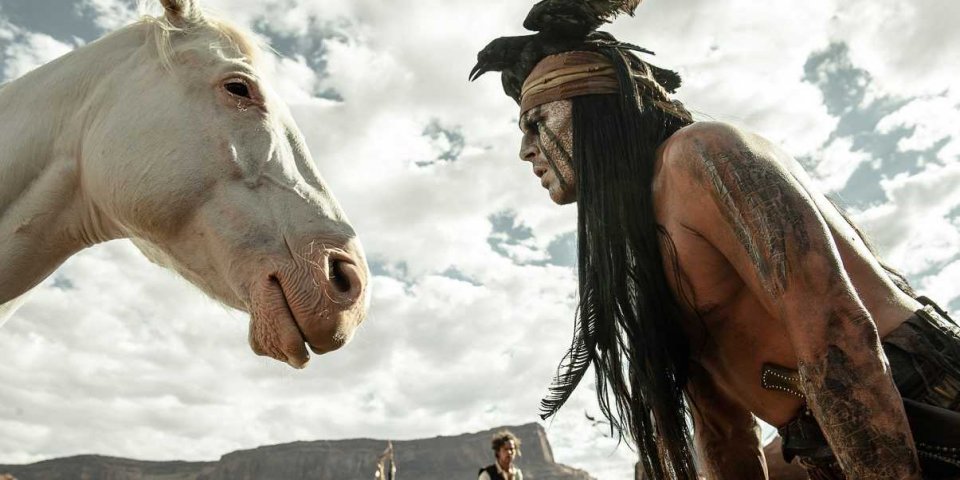Philip Seymour Hoffman: The Master
 Thinking about Philip Seymour Hoffman, and specifically his lovely performance in David Mamet's STATE AND MAIN. There's a scene in that charming contrivance that seems to build on Mamet's earlier genius idea, spoken by Gene Hackman in HEIST: 'I'm not that smart; I just try to think of what someone smarter than me would do and then I do that.' The STATE AND MAIN scene involves PSH's character being invited to search his conscience and choose between integrity and commerce. He makes a fascinating choice; and what happens next is enormously comforting to those of us who frequently make mistakes...
Thinking about Philip Seymour Hoffman, and specifically his lovely performance in David Mamet's STATE AND MAIN. There's a scene in that charming contrivance that seems to build on Mamet's earlier genius idea, spoken by Gene Hackman in HEIST: 'I'm not that smart; I just try to think of what someone smarter than me would do and then I do that.' The STATE AND MAIN scene involves PSH's character being invited to search his conscience and choose between integrity and commerce. He makes a fascinating choice; and what happens next is enormously comforting to those of us who frequently make mistakes...
Meanwhile, in memory of PSH, my thoughts on his greatest screen performance.
There are many key moments in 'The Master', Paul Thomas Anderson's stomach-punching, fingernails-down-a-chalkboard psychological thriller loosely based on the founding of Scientology, but more deeply understood as a tale of two egos. We witness a titanic battle for self-control by a man who knows nothing of it (Joaquin Phoenix's Freddie Quell), or to distinguish imagination from delusion by a man whose simmering rage emanates perhaps from the terror that the truth he has found may not be enough (Philip Seymour Hoffman's L Ron Hubbard surrogate, Lancaster Dodd). Neither of them know how to love; both are desperate to be loved; they find in each other a conversation partner, a patient, an unrequited lover. They are two of the most human characters the movies have brought us; their power trips are terrifying, because they may remind us of our own. There are many key moments - the first meeting between the war veteran and new religious leader, the dictator bonding with his subject over mutual substance abuse; when the master holds court in New York society, first offering tender words of potential healing to a grand dame, then exploding at a guest who dares question the source of his 'knowledge'; when the protege is experimented with, commanded to walk up and down between a wall and a window until he is both capable of imagining unbridled freedom, and driven nearly mad in the process; a science fiction-esque digging of buried treasure on an Arizona flat bed that could pass for Mars.
Striking moments, but the one that remains most resonant in my memory after two viewings is still the most ambiguous. After Freddie and Dodd first meet, the new father invites the new son (the relationship, and the failings of relationship, between fathers and sons is where this film really aches) to attend his daughter's wedding. The invitation is accompanied either by a warning, or an invocation: Dodd tells him either 'Your memories aren't welcome' or 'Your memories are welcome'. Two viewings leaves it unclear - and I could check, but it doesn't really matter; for each is a blessing. You don't have to carry your trauma always and everywhere, or at least it doesn't always have to weigh as much; or you can join this community and still be fully yourself. It's a mark of the moral complexity of 'The Master' that it can critique the damage done by demonic religion while here honoring the best hopes of its angelic shades. The movie's not really about Scientology per se, but power and love. Like 'Andrei Rublev' it's too big a film to be interpreted in a review. It needs to be seen; deserves to be studied; and invites a response in life as well as words.





